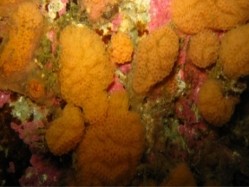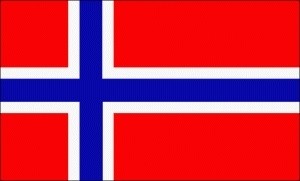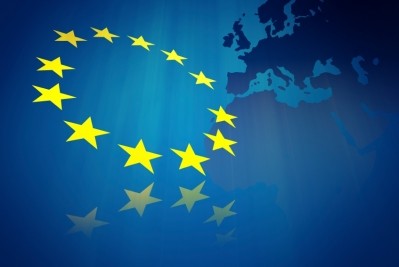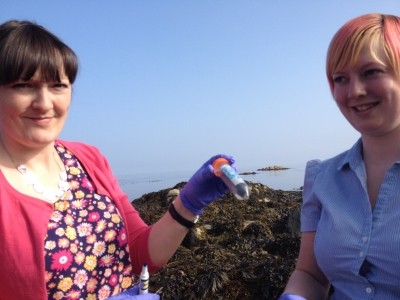EU project on deep-sea organisms claims to 'break new ground'

Only a handful of samples have ever been taken from deep trenches and investigated, so the project claims to be breaking new ground; "We will not only be exploring new territory at the bottom of the oceans, but also new areas in ‘chemical space.”
The four-year ‘PharmaSea’ project brings 24 partners from industry, academia and non-profit organizations together from 14 countries and focuses on biodiscovery research and the development and commercialization of new bioactive compounds from marine organisms, including deep-sea sponges and bacteria, to evaluate their cosmetic application potential.
The international team is being led by Professor Marcel Jaspars of the University of Aberdeen in Scotland, and co-ordinated by Dr. Camila Esguerra of the University of Leuven in Belgium whilst partners from China, Chile, Costa Rica, New Zealand and South Africa are also said to be backing the project.
According to Professor Marcel Jaspars; "With our broad platform of cutting-edge bioassays to detect drug-like activity, we'll be testing many unique chemical compounds from these marine samples that have literally never seen the light of day."
Whilst Dr. Camila Esguerra, lecturer with the laboratory for molecular biodiscovery at Leuven says; "We're quite hopeful that we'll find a number of exciting new leads."
How the project will operate
The international team will employ strategies commonly used in the salvage industry to carry out the sampling. Using fishing vessels, researchers will drop a sampler on a reel of cables to the trench bed to collect sediment. Scientists will then attempt to grow unique bacteria and fungi from the sediment that can be extracted to isolate novel molecules for testing.
The first field tests will be carried out next autumn in the Atacama Trench in the Eastern Pacific Ocean, about 100 miles off the coast of Chile and Peru. The team will also search the Arctic waters off Norway and the Antarctic via Italian and South African partners, whilst deep trenches will also be accessed off New Zealand and China.
Marine organisms that live more than 6,000 meters below the sea level are considered to be an interesting source of novel bioactive compounds as they survive under extreme conditions.
"Trenches are separated from each other and represent islands of diversity. They are not connected to each other and life has evolved differently in each one", explains Marcel Jaspars.












